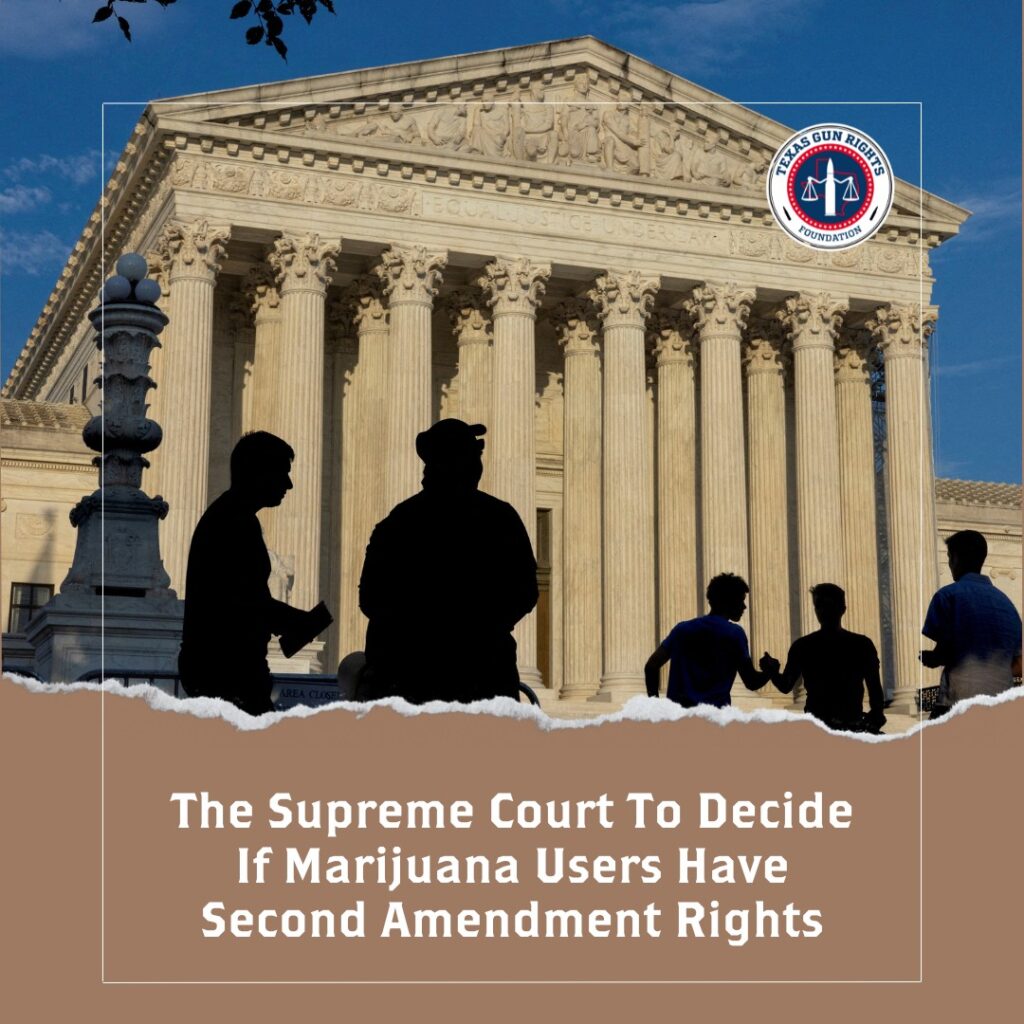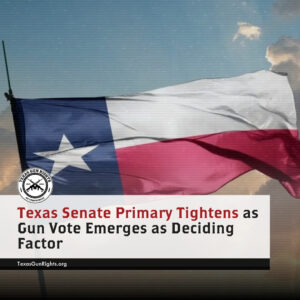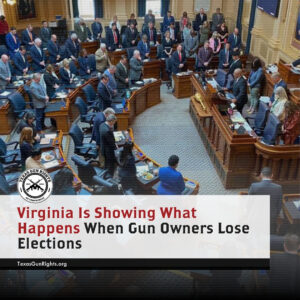At issue is a single, deceptively simple question: Can the federal government permanently strip citizens of their right to own a gun simply because they use a substance that’s legal in their state?
The case centers on Ali Danial Hemani, a Texas resident and dual U.S.–Pakistan citizen, who admitted to using marijuana and cocaine.
When the FBI searched his home and found both drugs and a firearm, Hemani was charged under 18 U.S.C. § 922(g)(3) — a federal statute that bans anyone “who is an unlawful user of or addicted to any controlled substance” from possessing a gun.
Hemani challenged the law, arguing it violated his Second Amendment rights. Both the district court and the Fifth Circuit Court of Appeals agreed.
The Fifth Circuit held that the government had failed to prove he was intoxicated or dangerous at the time of gun possession, and — most importantly — that history offers no precedent for disarming citizens solely based on drug use. Now the Supreme Court has agreed to take up the case.
The Legal Question: Conduct vs. Condition
At the heart of U.S. v. Hemani is whether the government can ban gun ownership based not on actions, but on status.
Under the Supreme Court’s 2022 Bruen decision, any modern gun restriction must be “consistent with the Nation’s historical tradition of firearm regulation.”
That means the government must show that the Founders enacted analogous laws disarming people for similar reasons.
The Bondi-led Justice Department argues that habitual drug users pose a danger to themselves and others — likening them to “drunkards” or “lunatics” who were historically barred from carrying arms.
The DOJ insists that § 922(g)(3) merely imposes a temporary disqualification: if a user stops taking illegal drugs, their gun rights can be restored.
But in practice, there is no mechanism for restoration. Once someone admits to drug use on the ATF Form 4473, they are considered a “prohibited person” under federal law — potentially for life.
The “temporary” disarmament claim is more theoretical than real.
Millions of Americans in Legal Limbo
Thirty-eight states have legalized marijuana in some form. Yet under federal law, all of those users remain “unlawful drug users.”
That means millions of Americans who comply with state law are still prohibited persons under federal law — unable to legally purchase, possess, or even borrow a firearm.
In states like Oklahoma or Florida, this creates a constitutional paradox: a veteran or medical marijuana patient can be a law-abiding citizen under state law but a felon under federal law.
Gun control advocates claim that this is necessary to prevent violence. But that assumption doesn’t hold up.
There is no consistent evidence that marijuana users commit gun crimes at higher rates.
Data from the FBI’s Uniform Crime Reports consistently show that violent recidivists, not casual drug users, are responsible for the vast majority of firearm-related offenses.
Rights Don’t Disappear Because of Lifestyle Choices
For no-compromise gun rights advocates, Hemani isn’t about one man’s drug use — it’s about whether the government can punish a status instead of a crime.
The Fifth Circuit’s ruling established a vital distinction: the government may criminalize acts of violence or armed intoxication, but it cannot revoke constitutional rights because of personal behavior unrelated to the misuse of a firearm.
That line separates a free society from one where constitutional rights depend on bureaucratic approval.
The Founders disarmed those who posed an immediate danger — not those who made unpopular choices. Extending disarmament to entire classes of people based on perceived “risk” would open the door to stripping rights from those taking anxiety medication, or even those accused of extremism.
That’s why this case has drawn the attention of every serious defender of the Second Amendment.
The Historical Lens: Bruen vs. Rahimi
The Supreme Court’s Rahimi decision — which upheld temporary gun bans for individuals under domestic violence restraining orders — looms large here.
In Rahimi, the Court reasoned that those who present a “credible threat” of violence may be disarmed.
The DOJ now argues that Hemani fits that pattern — that unlawful drug users present similar dangers. But that argument overreaches.
Unlike domestic abusers or those making explicit threats, most marijuana users pose no demonstrated danger to anyone. To equate them with violent offenders is both legally and morally unsound.
If the Court accepts that logic, the consequences will be immense. It would legitimize federal disarmament based on health, behavior, or status — not conduct.
That is precisely what Bruen sought to prevent when it reaffirmed that the right to keep and bear arms “belongs to all Americans.”
A Defining Test for the Second Amendment
If the Supreme Court upholds the Fifth Circuit’s reasoning, it will reaffirm that the government may punish criminal conduct, not private lifestyle choices.
That ruling would solidify Bruen’s promise: that the right to bear arms is an individual right, not a privilege that disappears when Washington disapproves of your habits.
But if the Court sides with the Justice Department, it will entrench a dangerous precedent — one where constitutional rights can be suspended for nonviolent, status-based reasons.
Millions of state-legal marijuana users would remain trapped between compliance with state law and violation of federal law.
This is more than a case about guns or drugs. It’s about whether the Constitution protects people — or only those who meet the government’s ever-narrowing definition of “law-abiding.”







